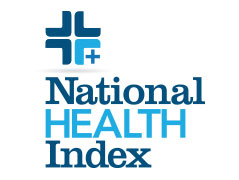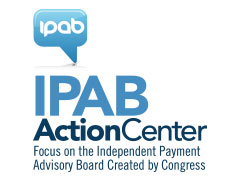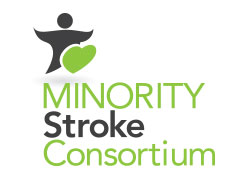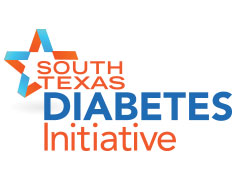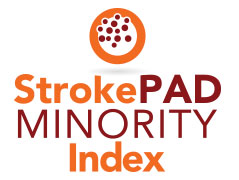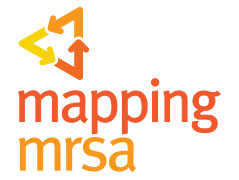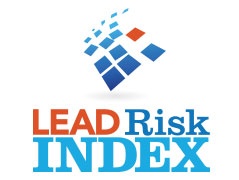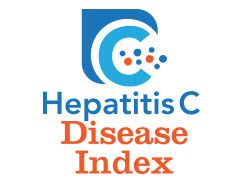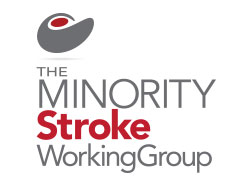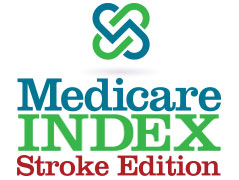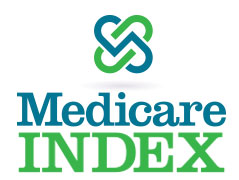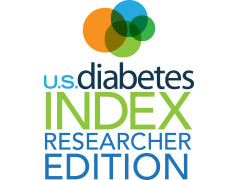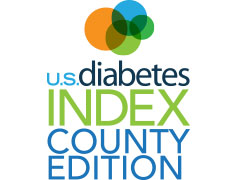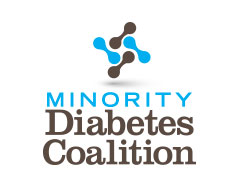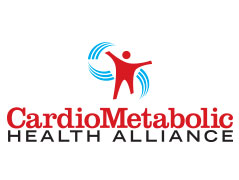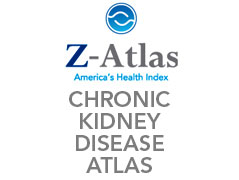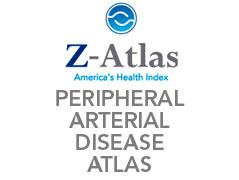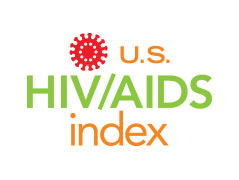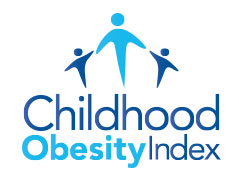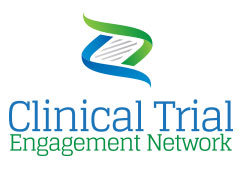News and Research
Racial and Ethnic Disparities in Diabetes and CV Disease
November 27, 2012
Keith C. Ferdinand, MD, FACC, chair of the Minority Cardiometabolic Disease Alliance.
Over the last several decades, the U.S. has made substantial progress in overall cardiovascular health and reducing health disparities, but ongoing racial/ethnic, economic, and other social disparities in health are both unacceptable and correctable. Combating diabetes is an example of one such issue.
Diabetes is an urgent public health issue, especially for African Americans, Hispanics, American Indians and Alaskan Natives, and certain other minority populations. National data from 2007-2009 revealed that the prevalence of type 2 diabetes mellitus in non-Hispanic black adults was the greatest at 12.6 percent, with Hispanics closely following at 11.8 percent, followed by Asian Americans at 11.1 percent and non-Hispanic whites at 8.4 percent, respectively. Other groups with high rates of diabetes include American Indians, South Asians and Americans of Middle Eastern descent.
Click here to read more.
The CardioMetabolic Health Alliance:
Improving Quality, Bending the Cost Curve
October 9, 2012
by Gary Puckrein, PhD, president and chief executive officer of the
National Minority Quality Forum.
Physicians and the medical community have reached a fork in the road: we need to document that quality and reduced costs are related. By doing so, we hope to offer policymakers a new framework in which to measure the value of medicine.
The conjectures:
- An avoidable mortality index can be an indicator of unnecessary acute events (disease, hospitalizations, disability and death) in a population. Such an index may have utility in localizing the performance of our health care system, thus enabling the investigation of gaps in outcomes of care.
- There are signals that avoidable acute events are non-random occurrences. There is a possibility that they manifest at predictable frequencies within clinical and geographic sub-populations, and are sentinels of health care and health status disparities.
- Unnecessary acute events have financial implications. At least one study found that 36% of diabetes-related hospitalizations were avoidable. If that percentage holds true for Medicare beneficiaries, the savings could well be over $10 billion per year.
- By reducing unnecessary acute events, we may be able to establish an association between improved quality and bending the cost curve, thereby offering a counterpoint to those who believe reducing provider reimbursements is a desirable cost savings device.
Click here to read more.
Cardio-Metabolic Syndrome:
New Insights, Educational And Research Opportunities
For Cardiology And The Medical Community
July – August 2012
By William J. Oetgen, MD, MBA, FACC
Several recent publications have emphasized the importance of the cardio-metabolic syndrome for practicing cardiologist. In the Feb. 14 issue of the Journal of the American College of Cardiology (JACC), Scott M. Grundy, MD, PhD, of the University of Texas Southwestern at Dallas, provided a comprehensive review of the concept of pre-diabetes, the metabolic syndrome and the assessment of cardiovascular risk. Grundy concluded that pre-diabetes, as defined by the presence of either impaired fasting glucose or impaired glucose tolerance that does not reach the threshold for the diagnosis of diabetes, is commonly associated with both the metabolic syndrome and obesity. Pre-diabetes also has only a minor association with microvascular disease, but it is a stronger predictor of macrovascular disease. The recommended therapeutic approach to these conditions is to aggressively treat all identified metabolic risk factors.

